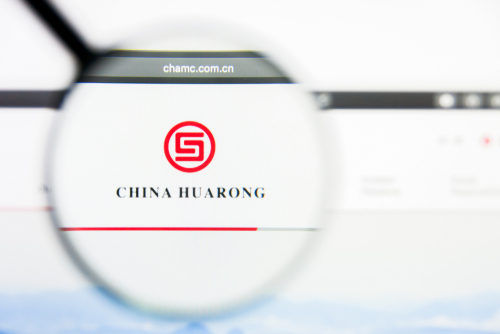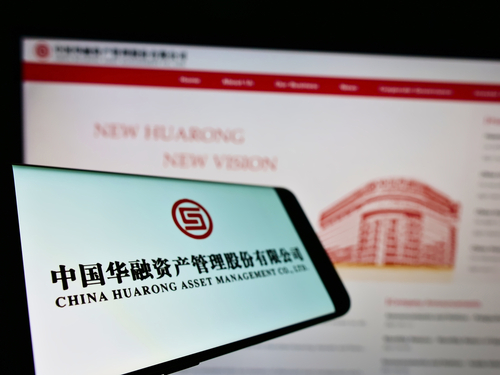This site uses cookies to provide you with a great user experience. By using BondbloX, you accept our use of cookies.
Bond Market News
Huarong Posts $2.7bn Loss and China Cinda’s Profits Drop 33% on Impairment and Property Sector Woes
August 30, 2022

China’s state-owned distressed debt managers China Huarong and China Cinda posted muted earnings for 1H 2022 on rising credit impairments and the crisis in the real estate sector. Huarong reported a loss of RMB 18.9bn ($2.7bn) vs. a profit of RMB 158.3mn ($22.9mn) in the previous year due to impairment charges that more than tripled in a year. This was on expected lines after it sounded a loss warning earlier this month. China Cinda’s profit declined 33% to $4.5bn ($652mn) as impairment losses jumped 85%. Last week, another bad-debt asset manager China Great Wall Asset Management, posted a loss of RMB 8.6bn ($1.2bn) for 2021 as against a profit of RMB 2.1bn ($300mn) in 2020. The company postponed its results release deadline twice due to worsening asset quality and fair value losses. Bloomberg notes that the property sector accounts for about 44% and 46% of acquisition and restructuring businesses at China Cinda and Huarong respectively. Cinda said in a statement, “Real estate enterprises present significant credit risks, and some local governments are faced with severe debt risks. The distressed entities and distressed assets will increase”. Beijing is considering state-owned China Everbright Group to acquire Great Wall AMC and looking at merging China Orient AMC and China Cinda AMC. The objective here would be to have Orient-Cinda as the only national bad-debt manager to deal with distressed assets. Meanwhile, the focus on Huarong and Great Wall would be towards managing NPLs of their parent companies China Citic and China Everbright.
Huarong’s 3.625% 2030s were down 0.5 points to 71 cents on the dollar, yielding 8.69%. Cinda’s 4.755% 2028s were down 0.2 points to 94 cents on the dollar, yielding 6.06%.
For the full story, click here
Go back to Latest bond Market News
Related Posts:
Chinese Asset Managers’ Bonds Sink Further
June 3, 2021

Huarong Gets Approval to Raise $11bn bond in Interbank market
November 17, 2021






